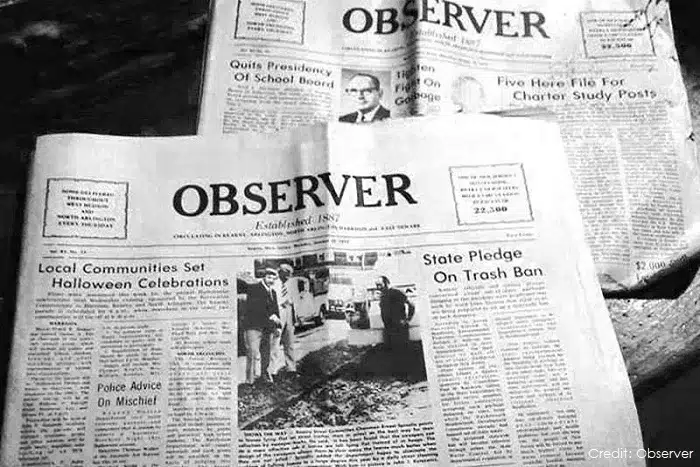Resources
The World’s Oldest Sunday Paper Faces a Big Change—What’s Really at Stake?

- The Observer, the world’s oldest Sunday newspaper, is up for sale, with potential buyers including Tortoise Media and Sky News.
- The sale reflects broader challenges faced by traditional print media amid declining print sales and shifting advertising revenues.
- The outcome of the sale will impact the future of The Observer and highlight ongoing transformations within the media industry.
The Observer, often regarded as the world’s oldest Sunday newspaper, may shortly change hands. The historic weekly, which has been a fixture of British journalism since its founding in 1791, is allegedly for sale. The announcement has attracted widespread attention in media circles, as the sale might signal a substantial shift in the landscape of British print journalism.
The Guardian Media Group, the current owner of The Observer, is in talks with potential purchasers. According to recent rumours, Tortoise Media and Sky News are among the companies considering acquiring this historic title. The prospective sale reflects a broader trend in the media sector, in which traditional print publications are increasingly navigating difficult financial climates and looking for new ownership arrangements to assure their survival.
The Observer has long been recognised for its dedication to in-depth journalism and investigative reporting. It has played a critical role in moulding public conversation for decades, making its impending sale a source of great concern for both readers and media analysts. The debates around the sale highlight the continued challenges that print media faces in an era dominated by digital platforms and shifting customer preferences.
If the sale goes through, the potential new owners will have to balance retaining the newspaper’s storied legacy with adjusting to modern media demands. The Observer’s rich history and editorial legacy will be important to this transition, as any new ownership must strike a balance between tradition and modernisation.
This development comes after a time of financial instability for many conventional newspapers, which have struggled with dwindling print sales and shifting advertising revenue. As the media business evolves, The Observer’s fate will be widely studied, not only as a case study in media management, but also as a predictor of the future of print journalism.
The sale of The Observer would not only signal the end of an era for one of the UK’s most illustrious newspapers, but would also reflect broader changes in the media business. As negotiations continue, stakeholders and readers will be eager to see how this historic publication moves forward.

















































